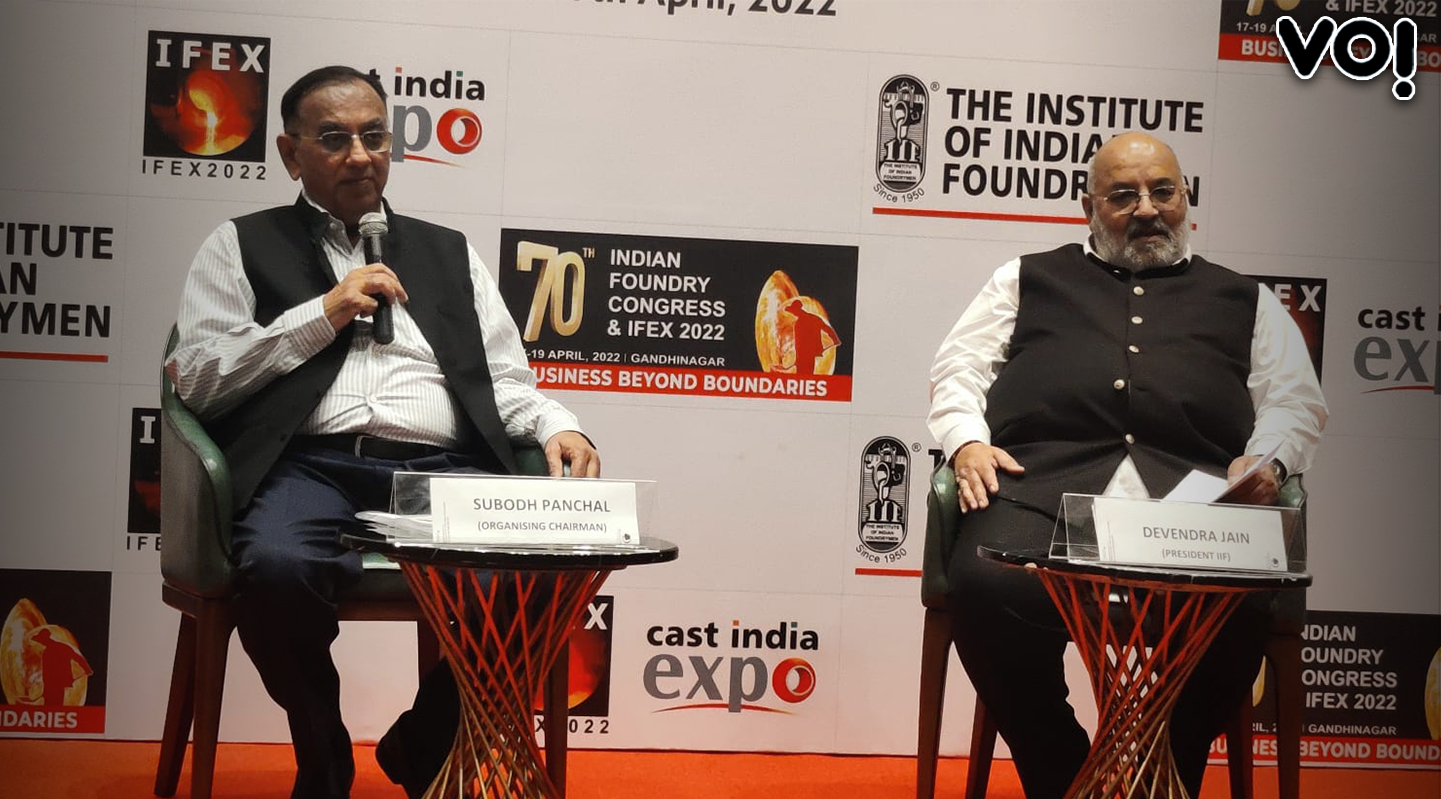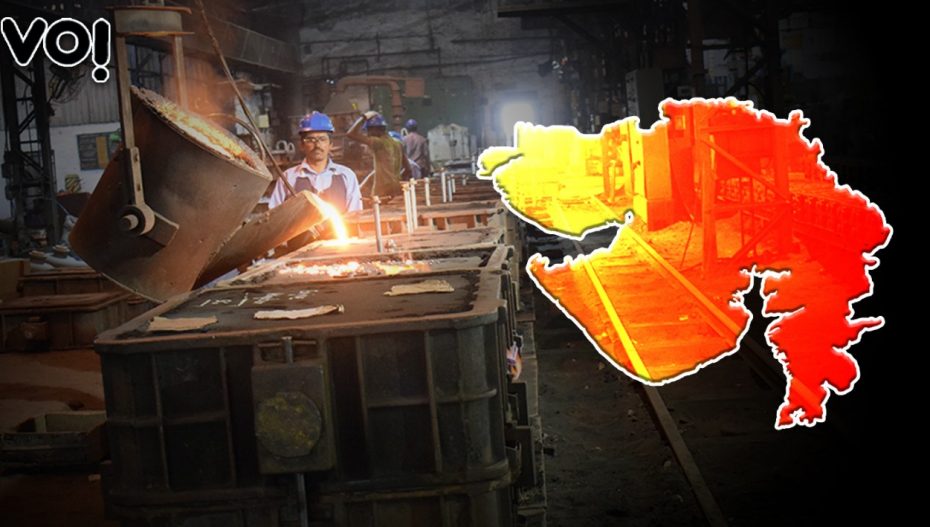Among the 5,000 foundry units in India, Gujarat alone account for about 30 percent while notching the first spot in the turnover from the same. About 90 per cent classify into small and medium scale enterprises (SMSEs). That the foundry industry is a labour-oriented enterprise makes matters worse. It provides direct employment to 5 lakh people and indirect employment to 15 lakh vendors.
Unfortunately, the industry faces a bleak future owing, partly to internal policies and partly to external supply sources. This comes as salt on injury considering that post pandemic, the demand for foundry has been on a sharp upswing.
In simple terms, foundry means a factory where metal is melted and poured into specially shaped containers to produce objects such as wheels and bars. Foundry products and be components as small as copper wires or as huge as tractor fittings, as integral as technology nuts and bolts and as intrinsic as metal sheets from the furnace.
It would, therefore, not be wrong to state that this is the parent industry for all other major industries. Auto, tractor, railways, machine tools, sanitary, pipe fittings, defence, aerospace, earthmoving, textile, cement, electrical, power machinery, pumps/valves, wind generators etc. are dependent on the foundry. This industry has a turnover of US$ 19 billion with exports grossing US$ 3.1 billion annually.
In Gujarat, Ahmedabad and Rajkot are the hub of foundry set ups. Jamnagar and Bhavnagar are big non-sulphur foundry units.
Increase in raw material prices
As explained by Ahmedabad-based Subodh Panchal, former president, Indian Foundry Congress: “Raw material prices have increased by 50 percent in the past three months. The cost of running a unit is more than the cost of shutting it down. (Unit bandh rakho to nuksan hain, chalu rakho to zyada nuksan hain). Pig iron, scrap, chemicals, sand and other raw materials have become so expensive that earlier a unit required Rs 20 lakh of working capital but now, a unit easily requires more than Rs 30 lakh of working capital.”
The price of pig iron was Rs 44/kg in November 2021 but in March, 2022 it increased to Rs 68/kg.

International impact
International crises have disrupted the market. Russia and Ukraine are one of the biggest exporters of pig iron in the world. Import of pig iron from these countries has been paused due to the ongoing war. This has led to a major price rise. India is second to China where it comes to foundry industry. However, the supply chain from China has been hit ever since the pandemic.
Ruing the same, Devendra Jain, president, Indian Foundry Congress added: “We have to take atma nirbharta very seriously. We have no international supplies coming in. The price rise is killing our industry but we have no help. The central government must help with concessions and subsidies to help us. But our pleas have fallen on deaf ears.”
Transportation is costlier than raw materials
The increasing prices of diesel is another challenge for the industry. Bentonite is an essential component of the foundry industry. It is found in Kutch and exported across India. Currently, the price of transporting Bentonite to dependent states is far more expensive than the raw material itself.
“Transportation is four times more expensive than raw materials. We buy a lot of Bentonite from Kutch and use it in Indore. This is a Catch-22 situation. There seems no way out,” he elaborated the point.
Dark future ahead?
To deal with the situation, manufacturing units in Ahmedabad and Rajkot are running three days a week. Units have gone in for major layoffs to cut down costs. Some units were suffering as much as Rs 2.5 crore deficit a month.












